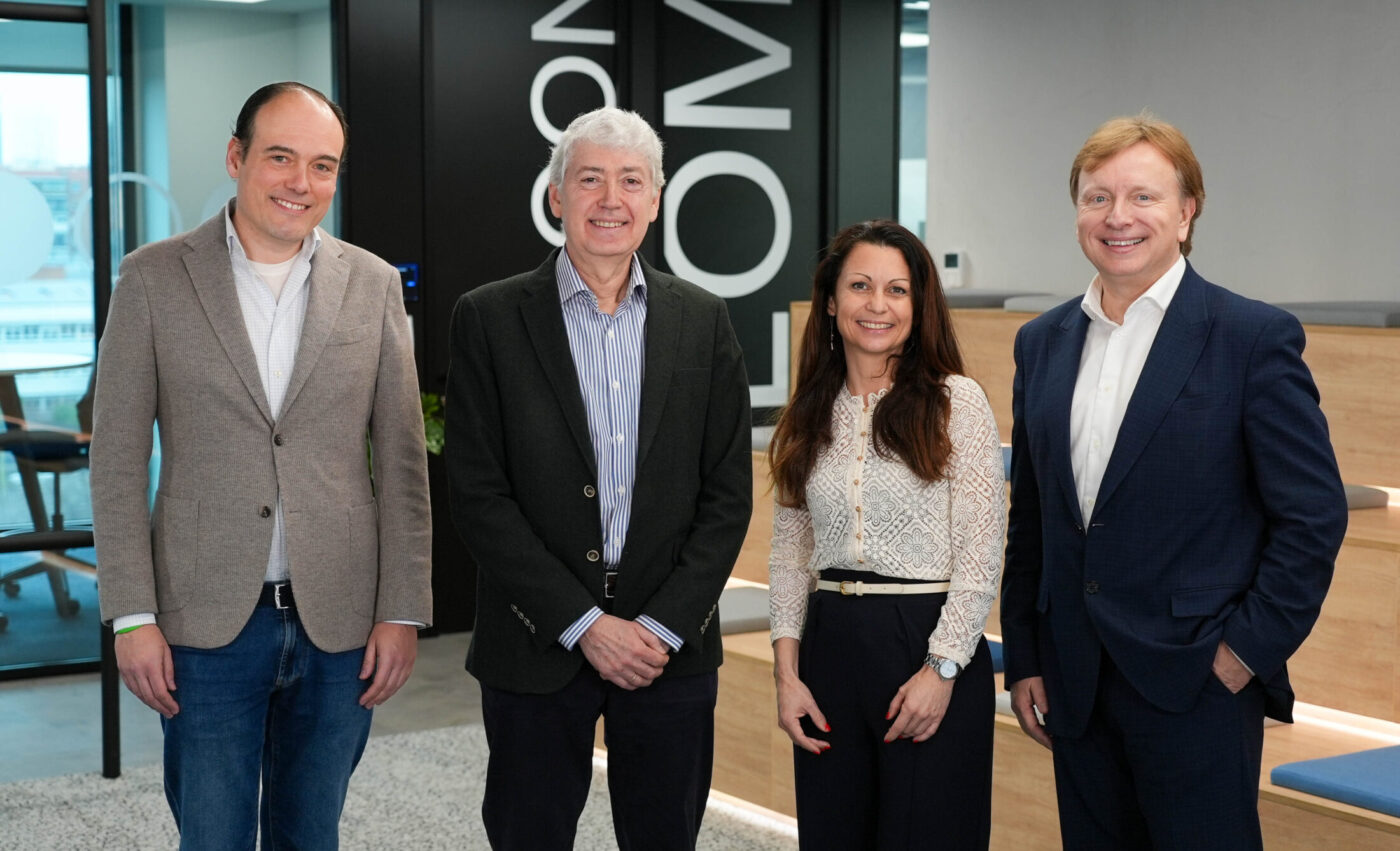Around the world, there is a critical shortage of hospitality professionals, and the impact of staff recruitment and retention challenges can be felt across every hotel company. Even before the Coronavirus pandemic, the hospitality industry was known for its high employee turnover rate, with the hotel and motel sector experiencing an annual employee turnover rate of over 73%,1 compared with the average across all industries – 12-15%.2 Now, companies are still in a state of recovery after the pandemic and many are not yet operating at 100%, largely due to staff shortages.
Hospitality companies are working collaboratively to overcome this barrier
In response to this shortage of prospective employees, many hotels are taking matters into their own hands – offering hands-on training at their properties, without the requirement for previous experience.
We are pleased to be working in collaboration with leading hotels and NGOs to train young people from the local community in this way. By implementing our accessible curriculum through classroom training, we provide young people with hospitality knowledge and life skills, after which participants take part in practical training at a hotel – experiencing the various career opportunities and developing skills in the area they are most interested in.
The collaborative nature of the programme ensures maximum engagement and completion of the course, as our team ensure regular communication across all partners in each country, to share learnings, experiences and best practices.
We are proud to have been delivering employability programmes in seven countries, including India, Sri Lanka, and several African countries, for a number of years, and launched a new programme in Egypt in 2023. Around the world, our programme encompasses over 100 hotel brands, six NGO partners, and has seen over 7,800 young people graduate since 2005.
A key opportunity to give back to the destination
Through involvement in programmes such as this, hotels are not only filling the gap in the labour market and building a diverse and multi-skilled workforce, but are supporting those from disadvantaged backgrounds to discover their talents, learn new skills and unlock fruitful career prospects.
In an effort to create tangible change for young and disadvantaged people across every corner of the globe, we are keen to share learnings and best practices not only across our network of programme partners, but with the wider hospitality industry, so that hotels may explore the potential to take part in an employability programme or apply these learnings to their existing programme.
As such, we are delighted to have visited two hotel properties in Mumbai, India, to explore:
- The impact of staff shortages on the business
- How the programmes are set up
- Key actions implemented to ensure trainees feel fully supported
- The experiences of trainees and the changes they have seen within their professional and personal development
- The benefits hotel leaders have seen in relation to community engagement, guest experiences and the trainees’ own development
Discover guidance from senior leaders at Grand Hyatt Mumbai and Four Seasons Hotel Mumbai within our two new videos
Grand Hyatt Mumbai
Within the video, Area VP & General Manager of Grand Hyatt Mumbai – Dietmar Kielnhofer, Learning & Development Manager – Roger Pereira and Regional VP of Human Resources – Arif Khan, share their insight on the importance of training people from the local community to increase the workforce in the face of critical shortages of staff, and offer their advice for hoteliers looking to run an employment programme, similar to their RiseHY programme. What’s more, three young trainees share their perspectives on how the programme delivery supported their learning and the impact this has had on their lives.
Four Seasons Hotel Mumbai
Within the video, Secretary and Trustee at NGO training partner, Kherwadi Social Welfare Association, Mrinalini Kher, highlights the importance of ‘on job training’ to tackle youth unemployment. Four Seasons Hotel Mumbai General Manager, Sunil Narang, then shares his guidance on how to support trainees throughout their practical training and the importance of partnerships to tackle staff recruitment and retention challenges. Plus, we hear from two female trainees about their experiences and career development.



